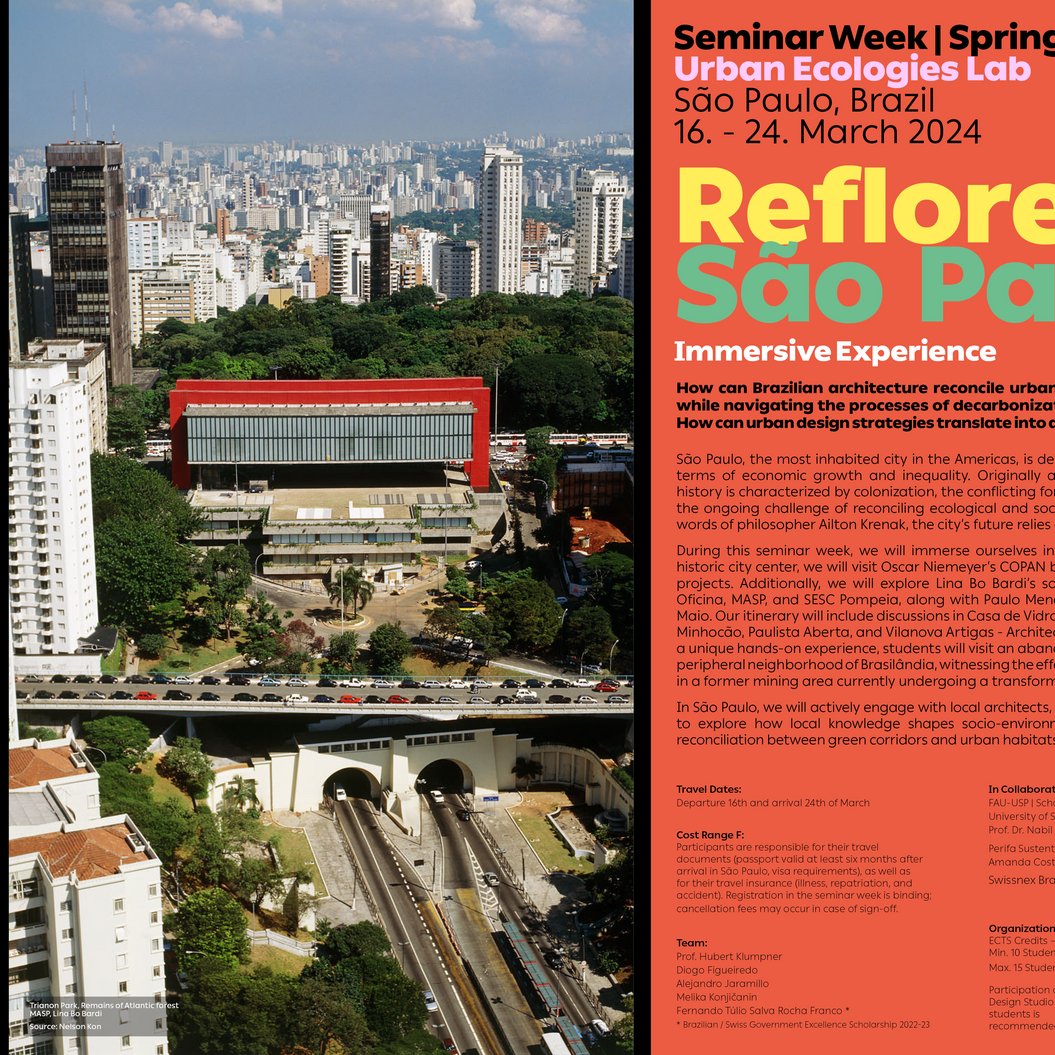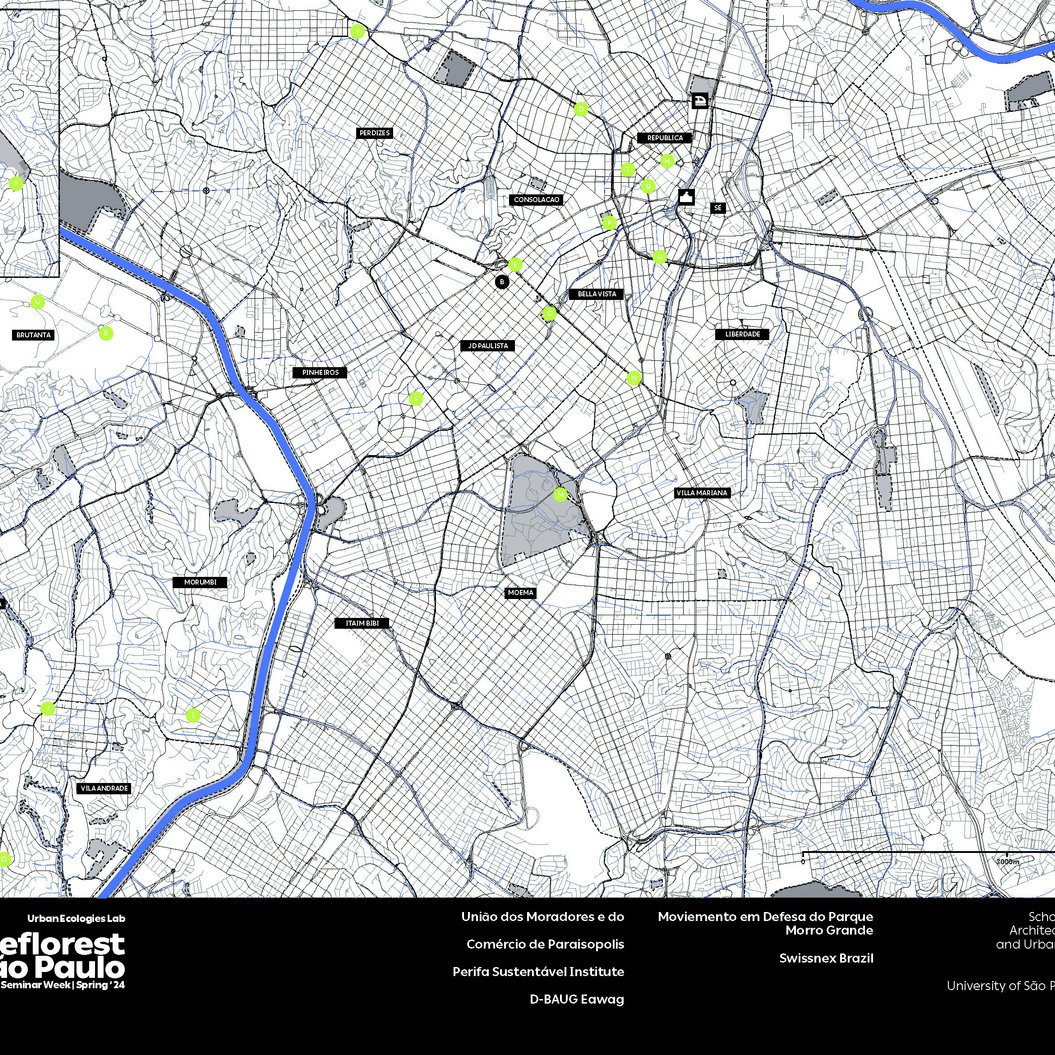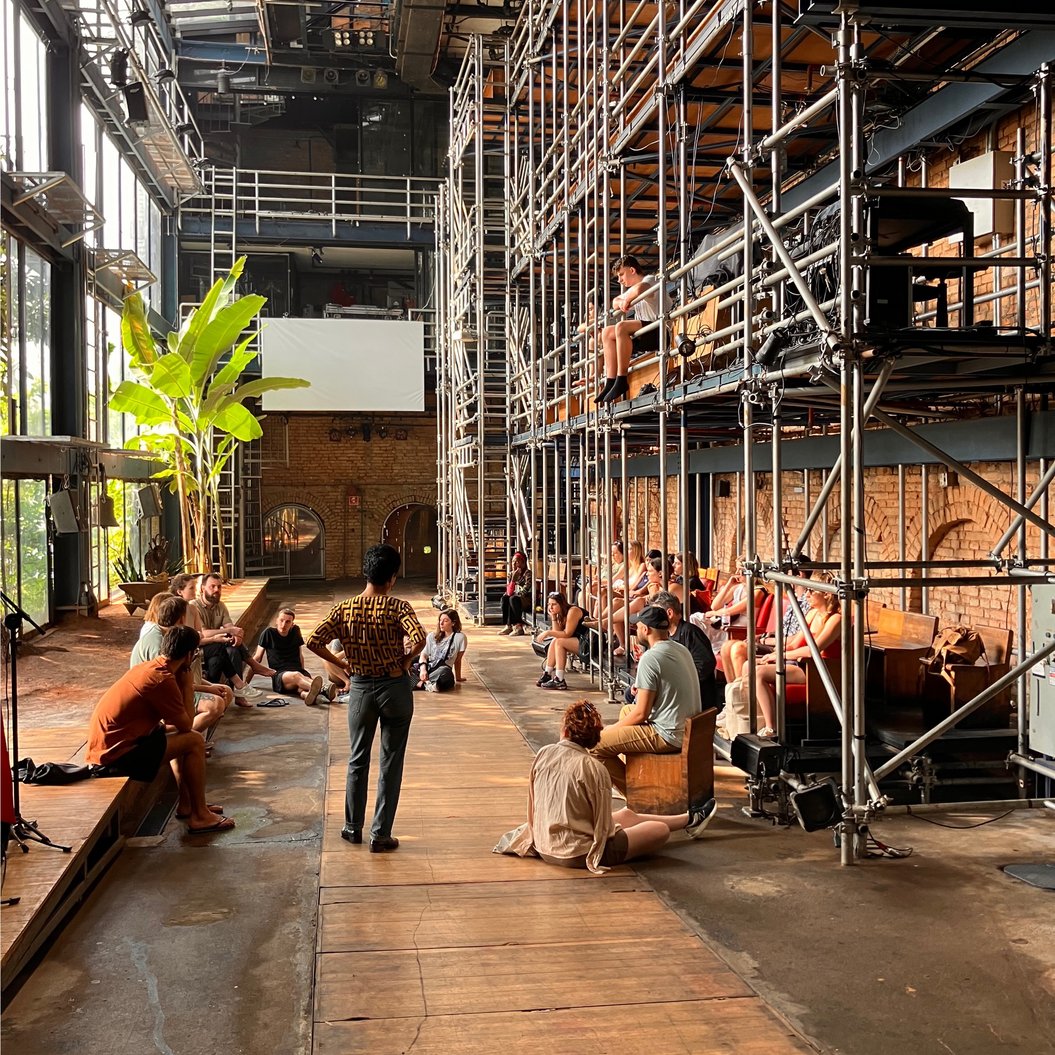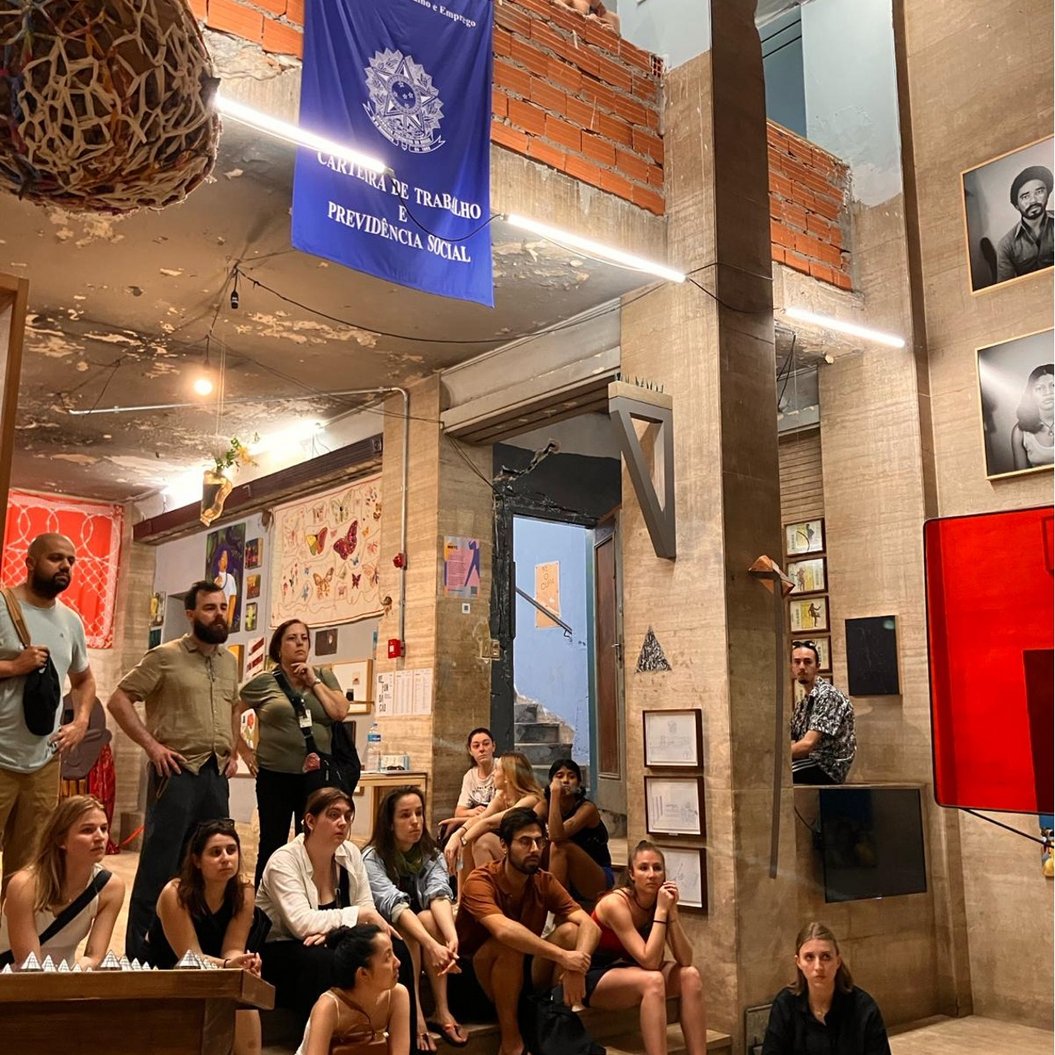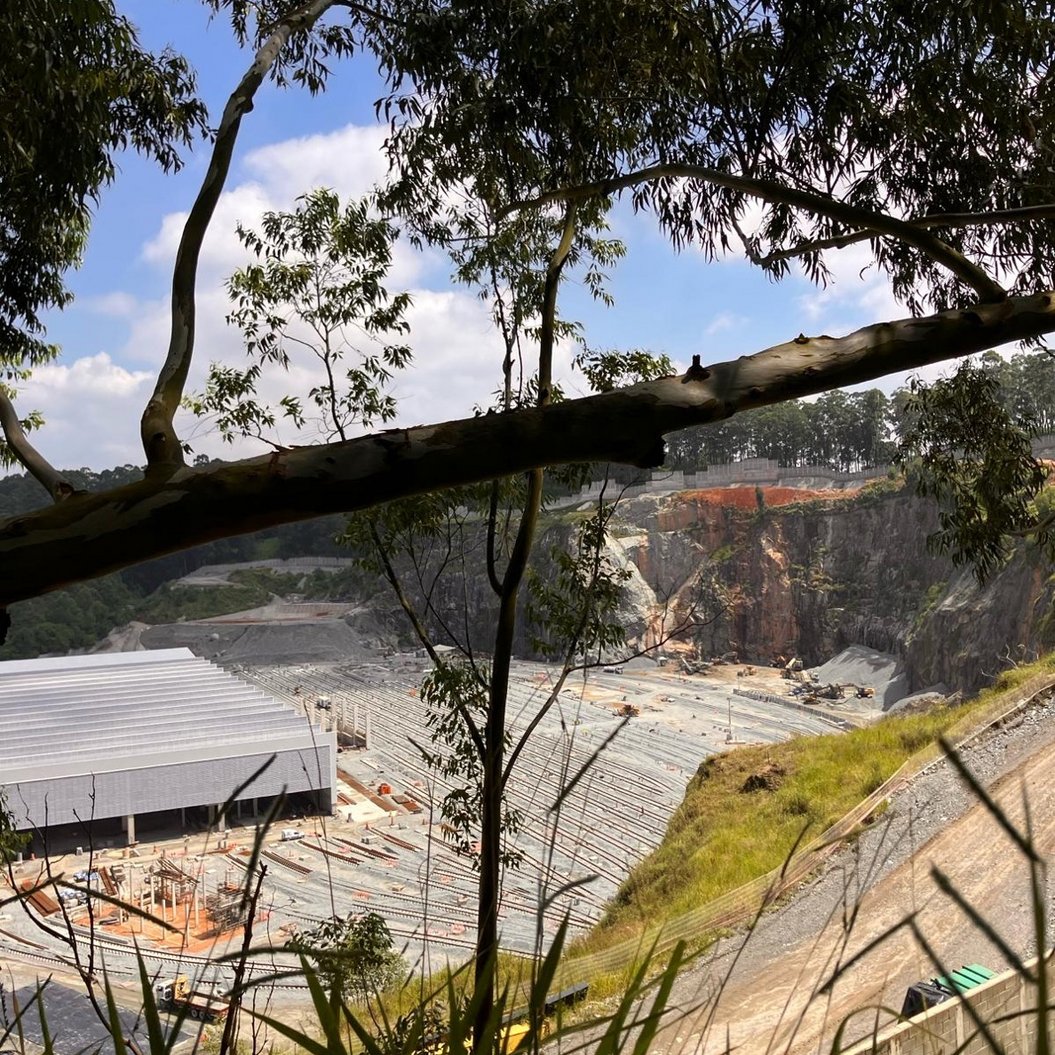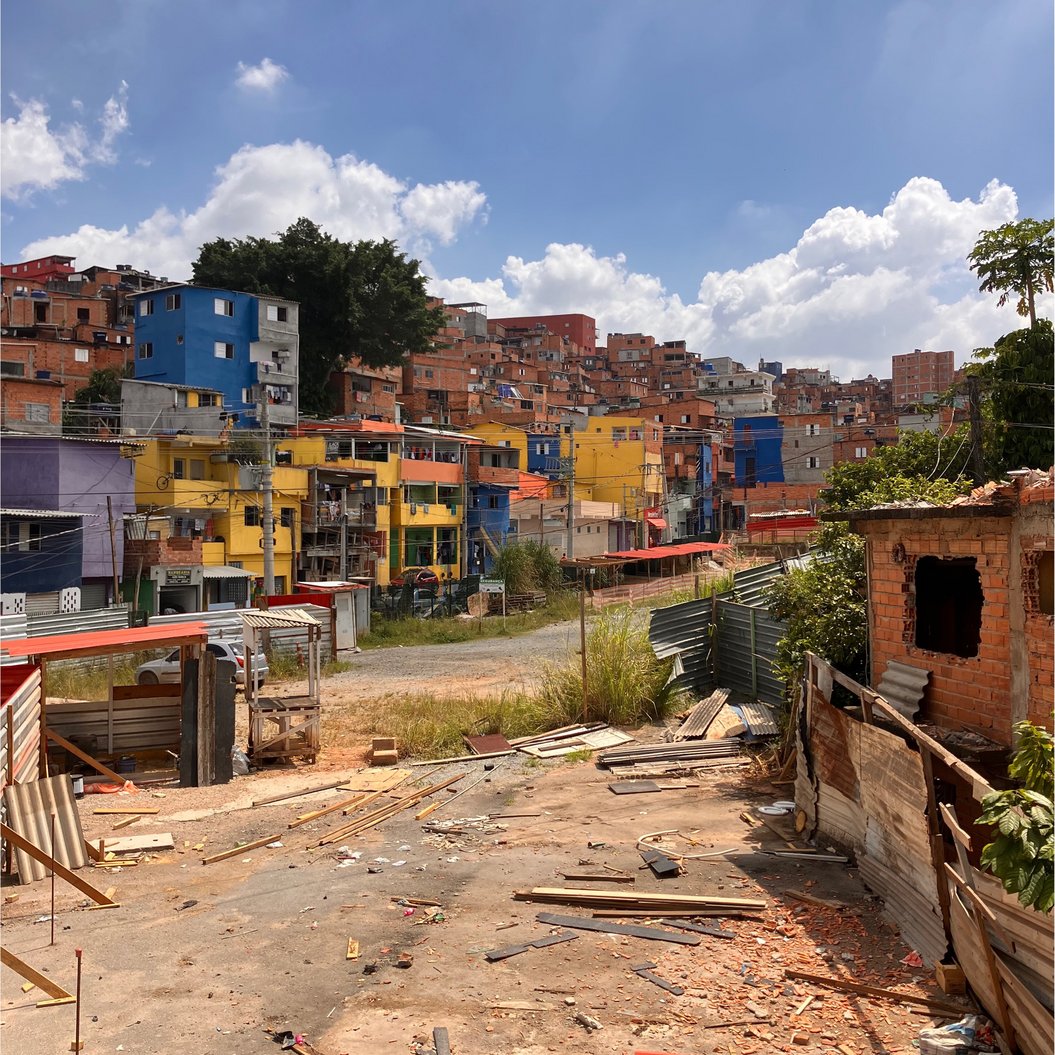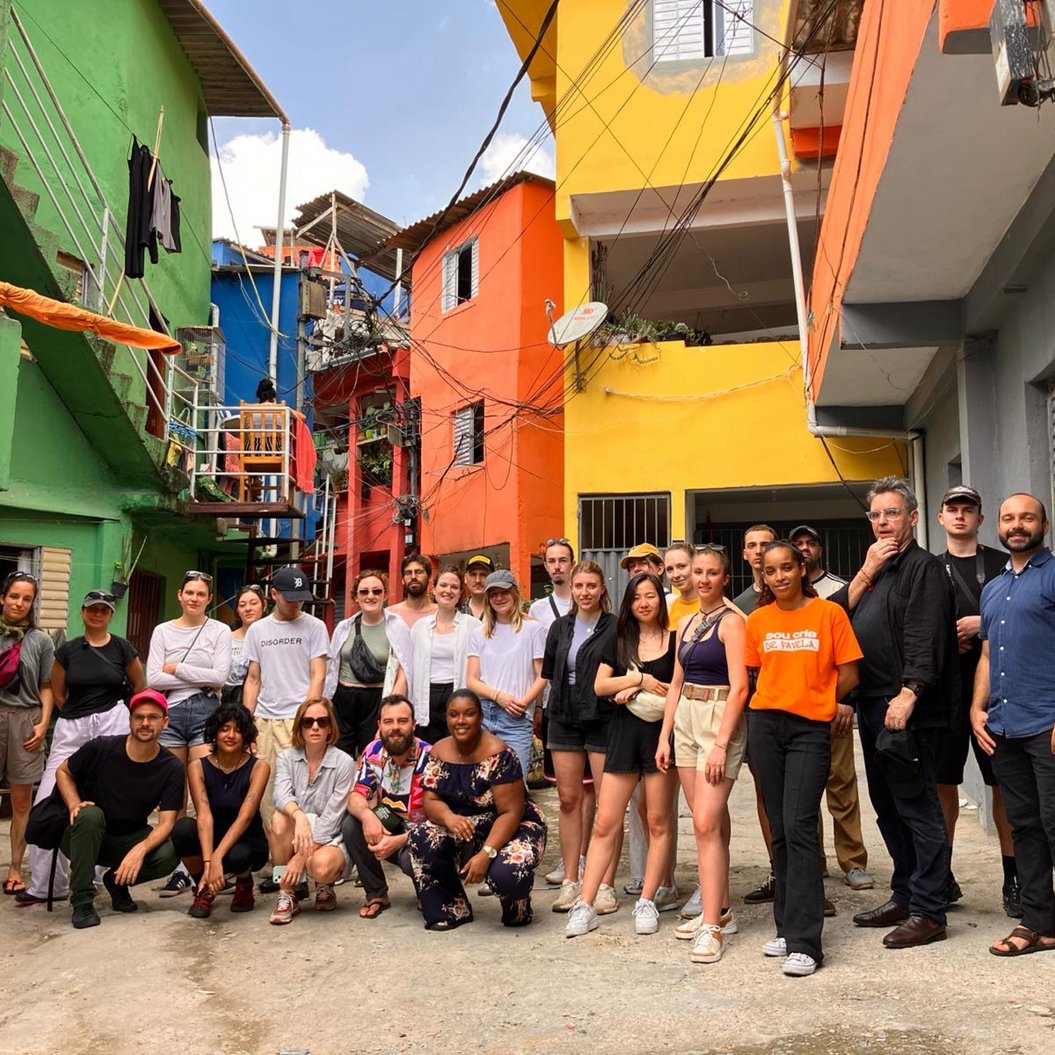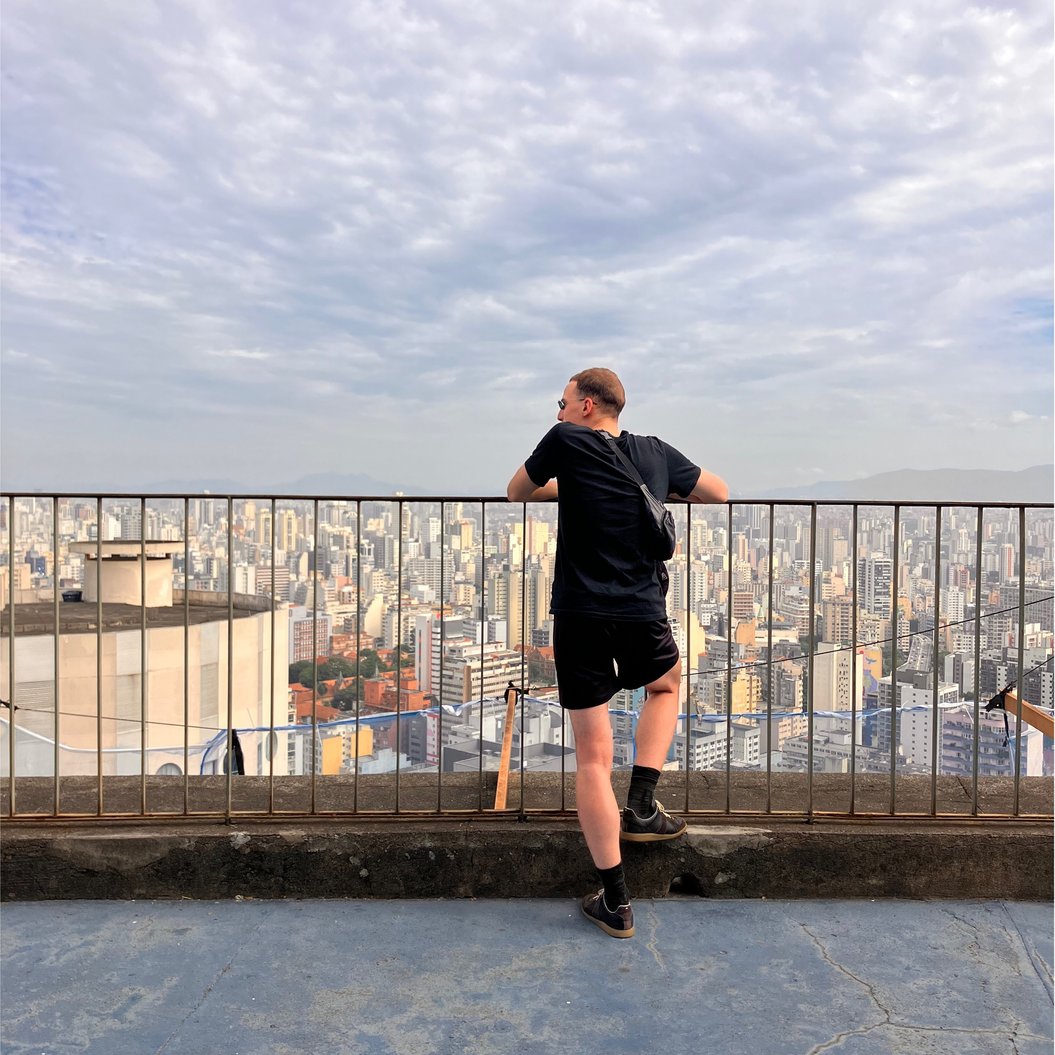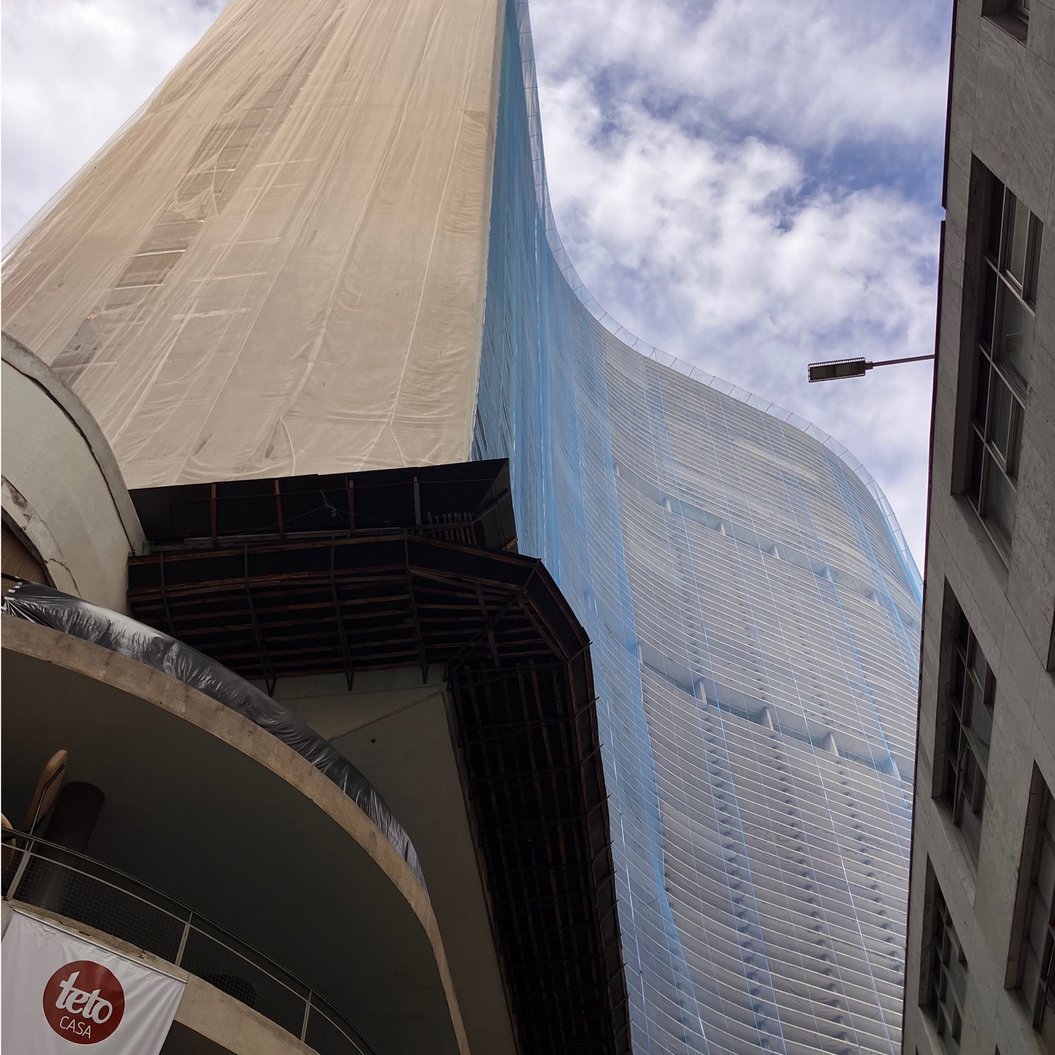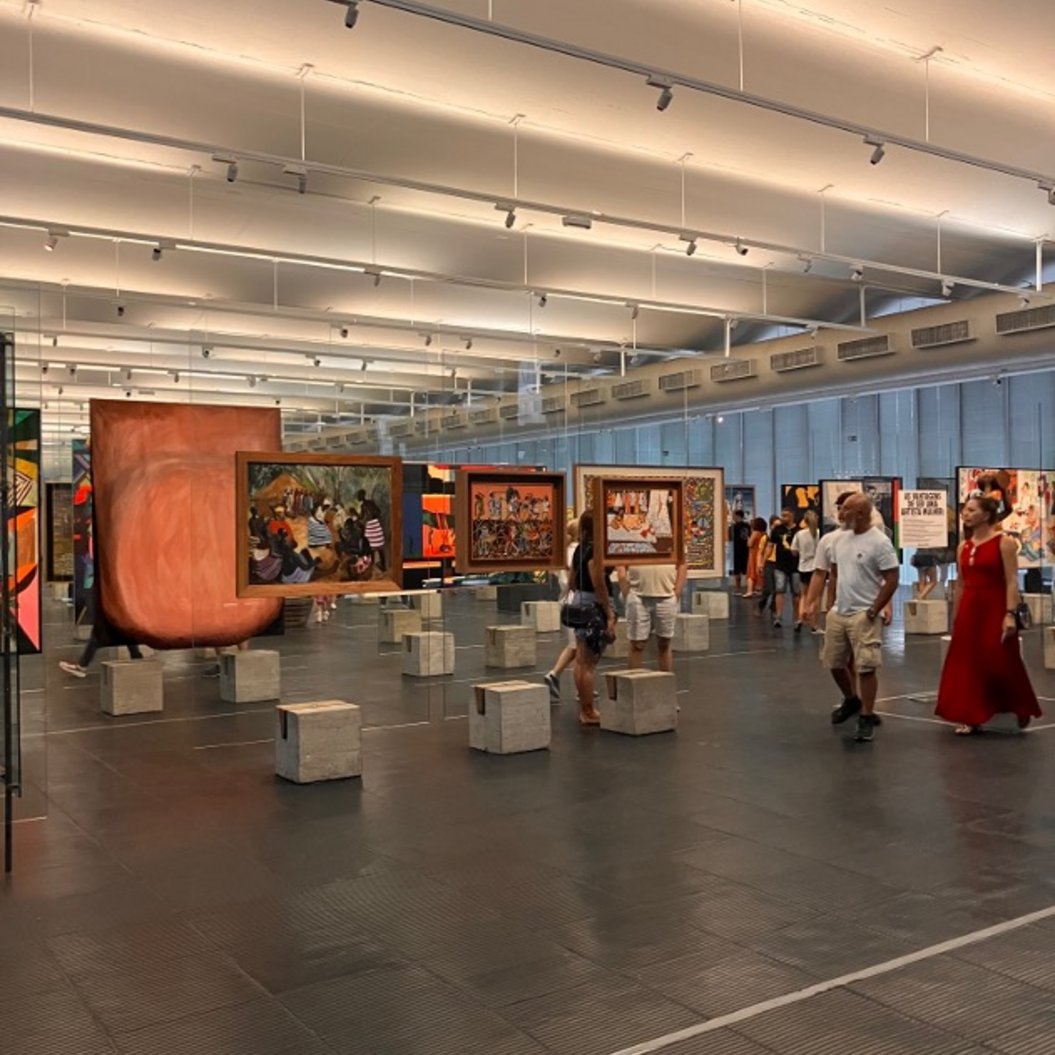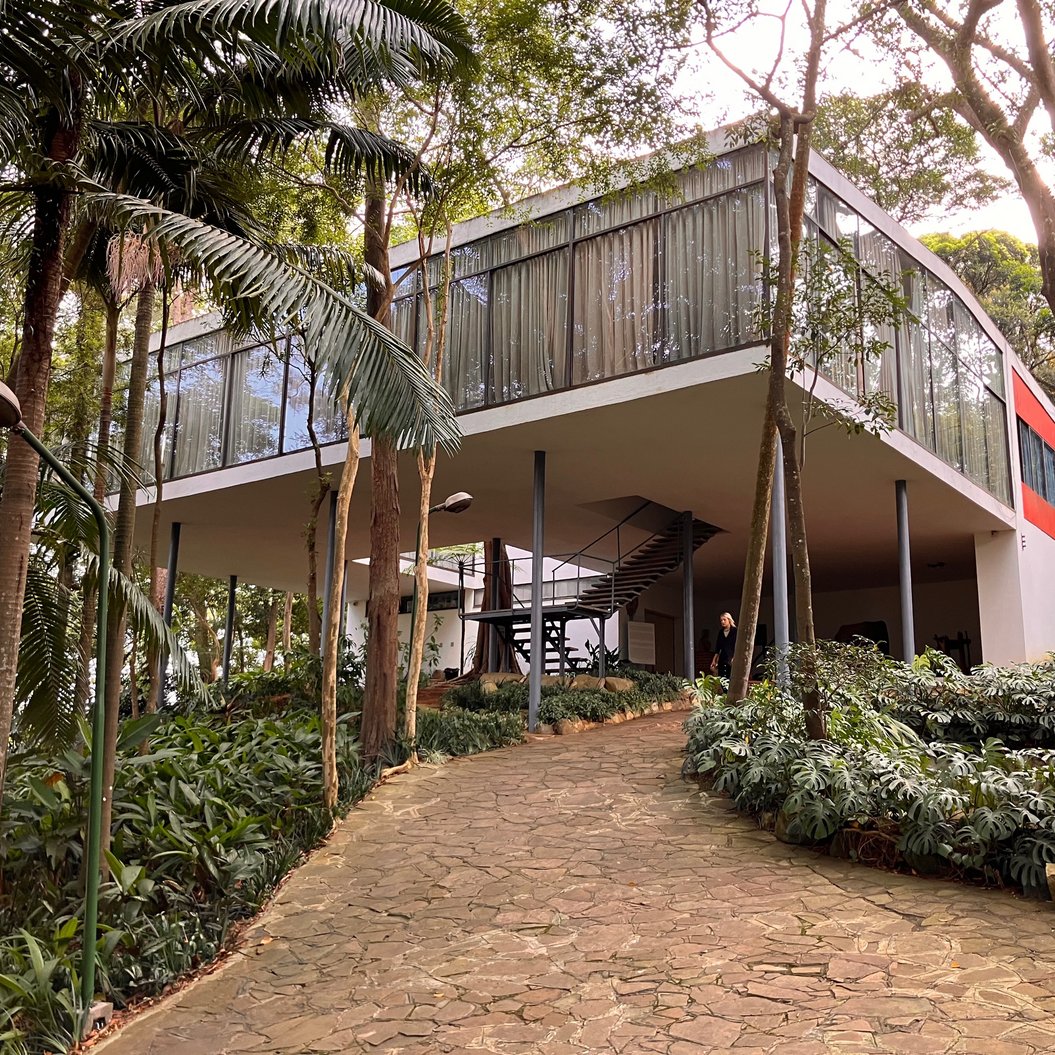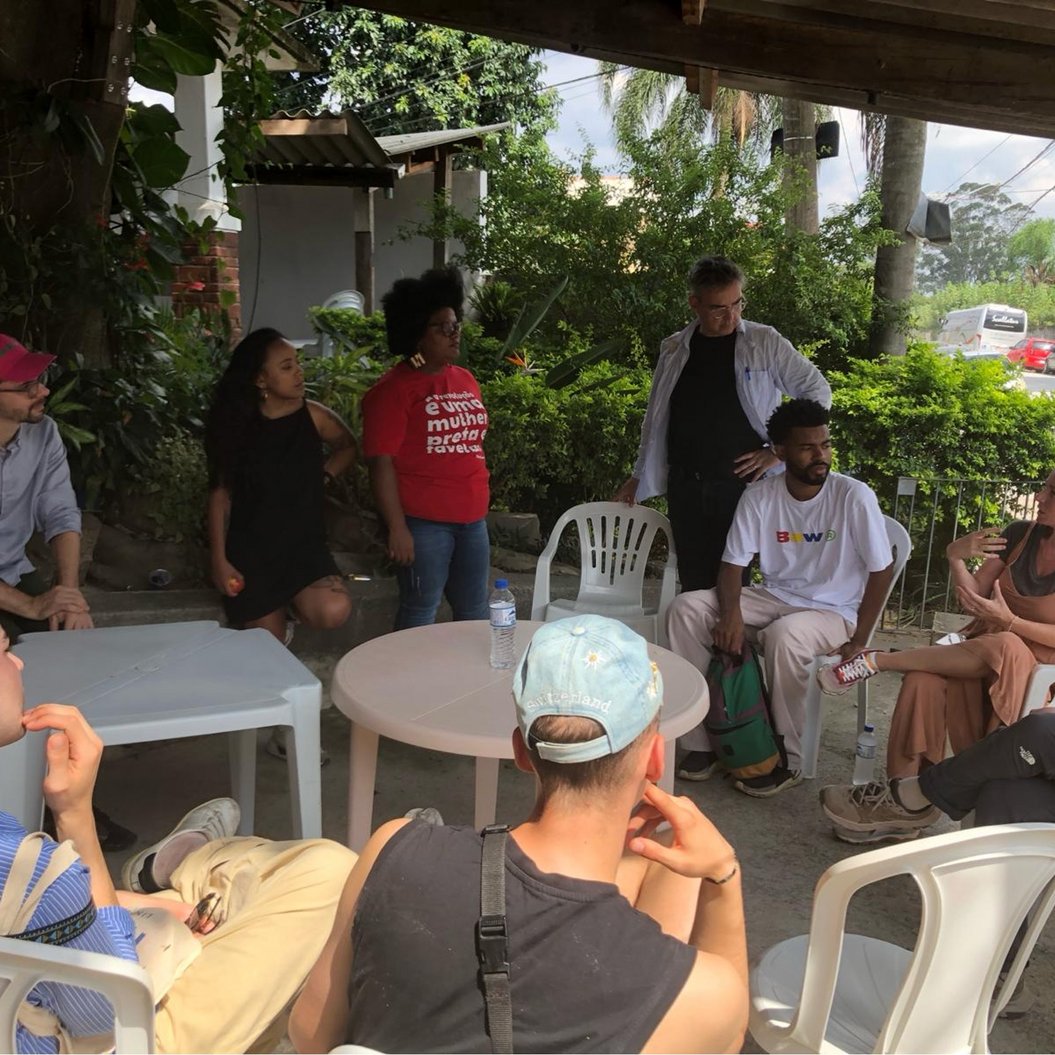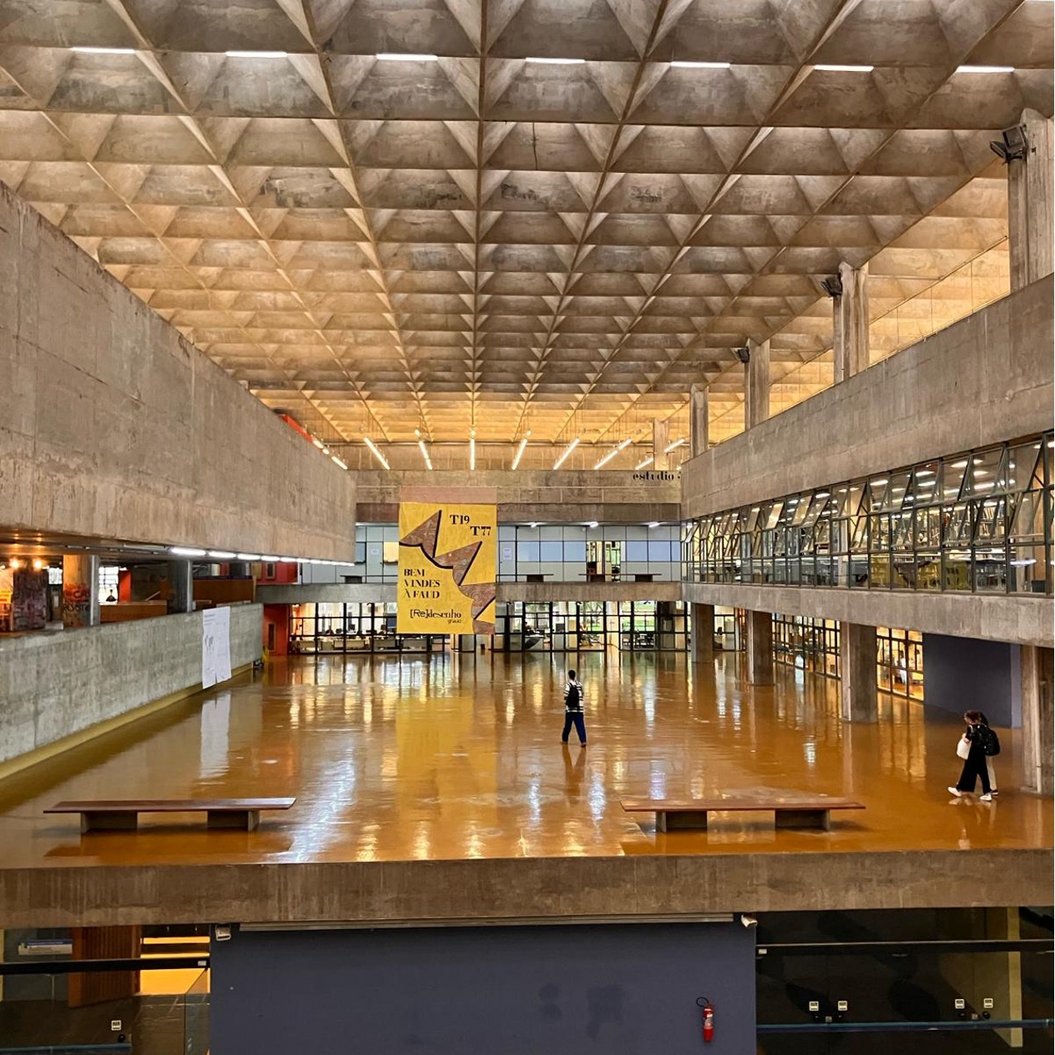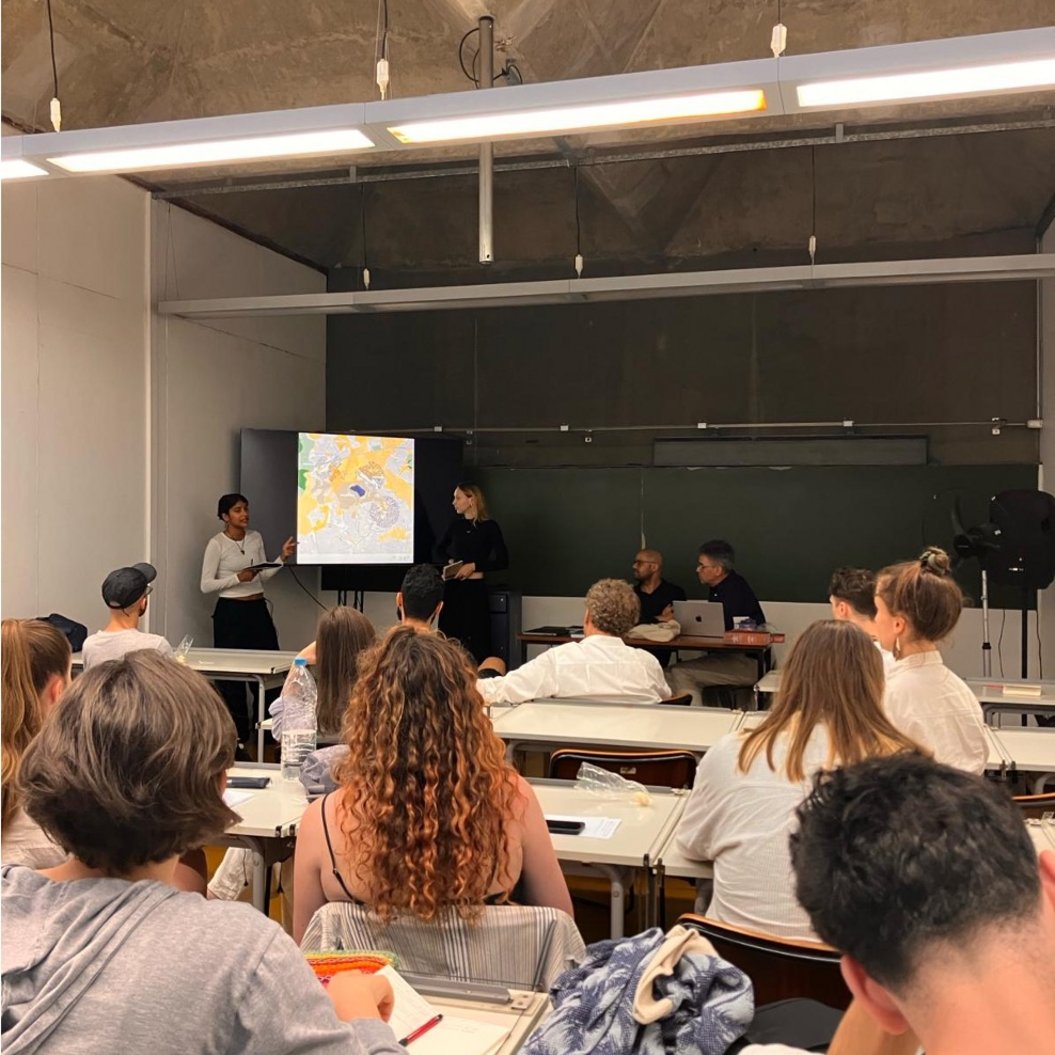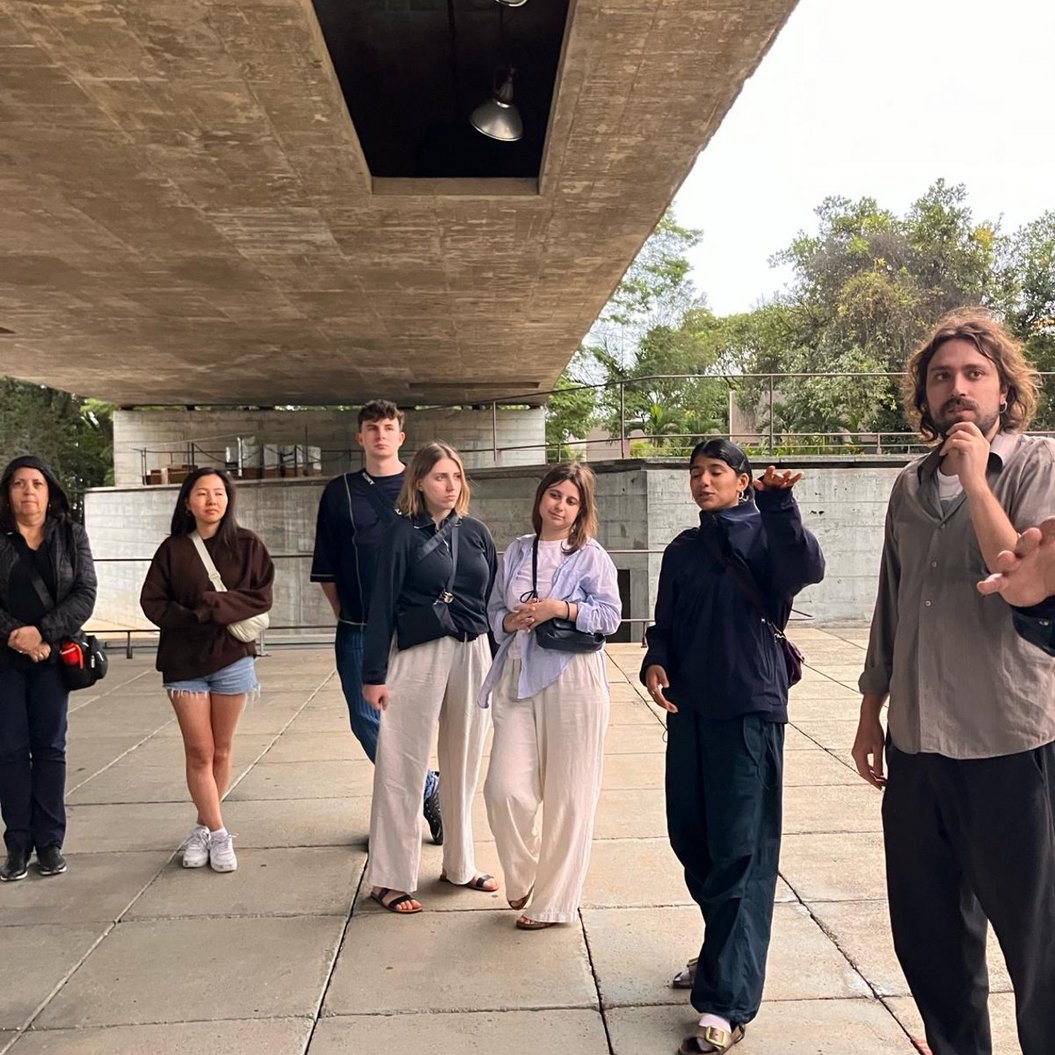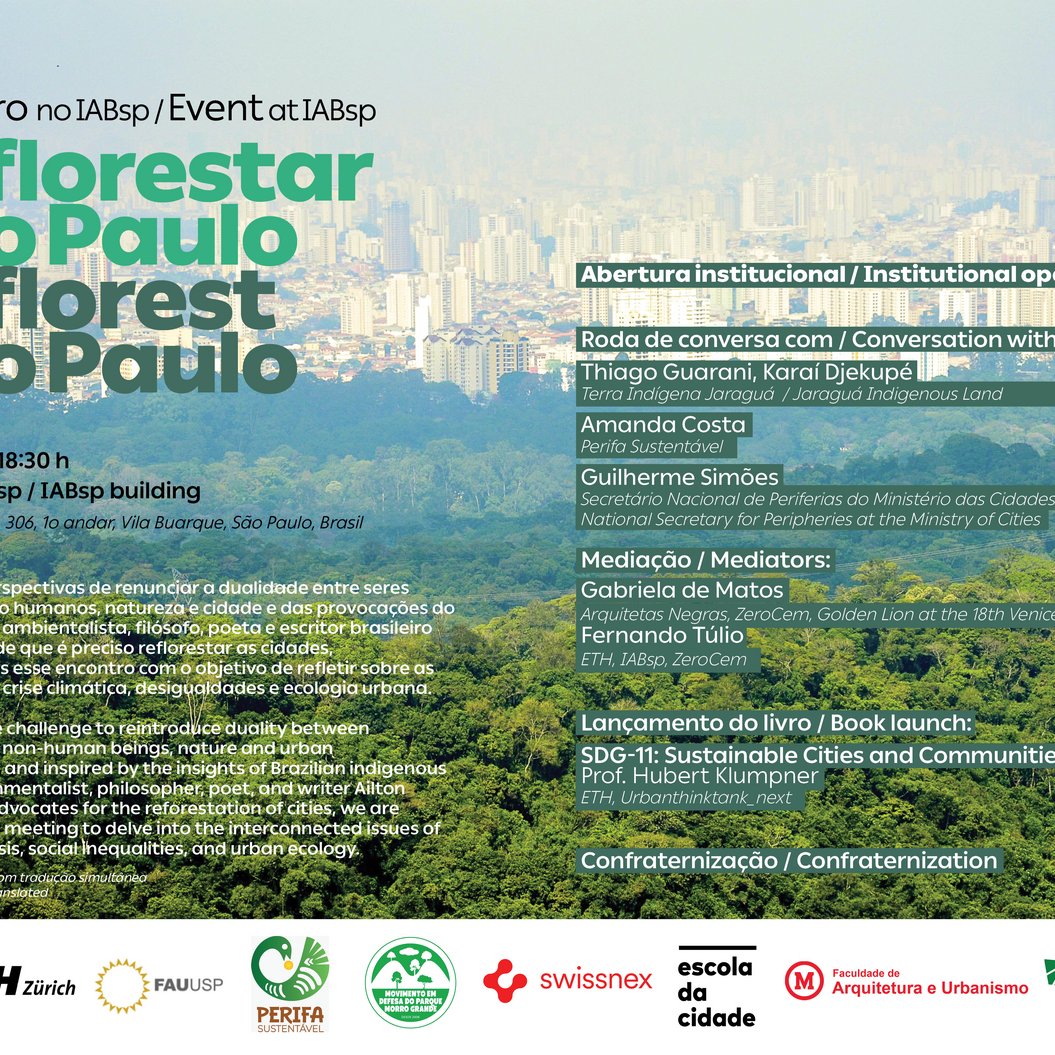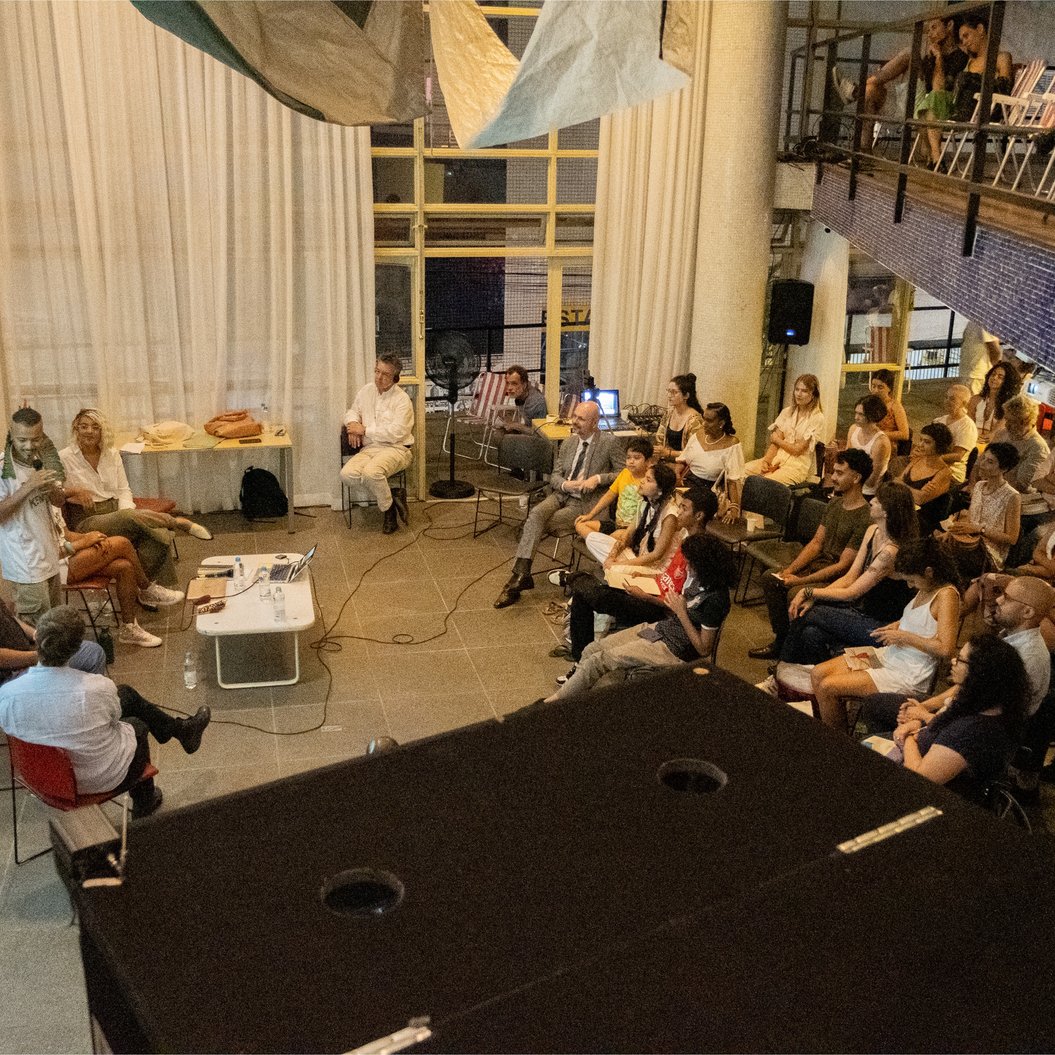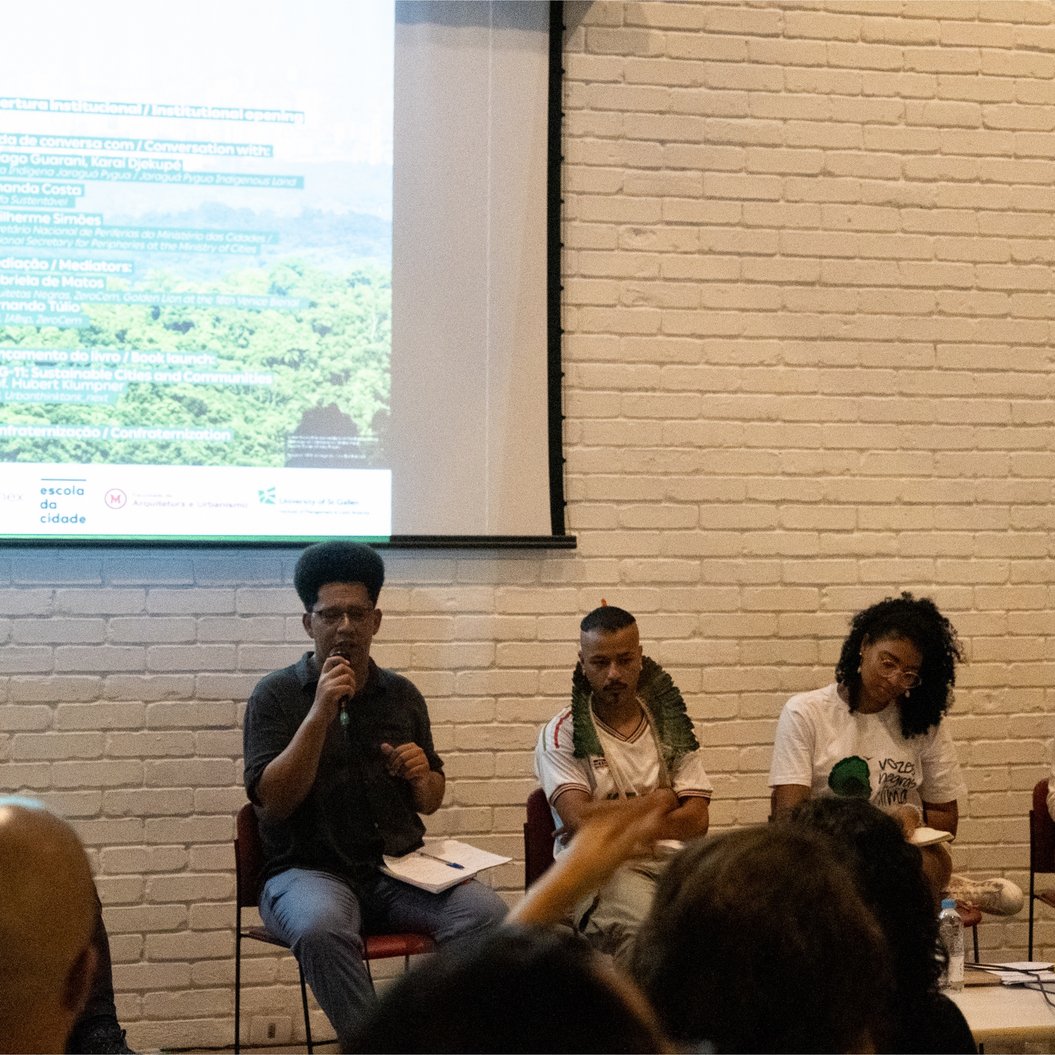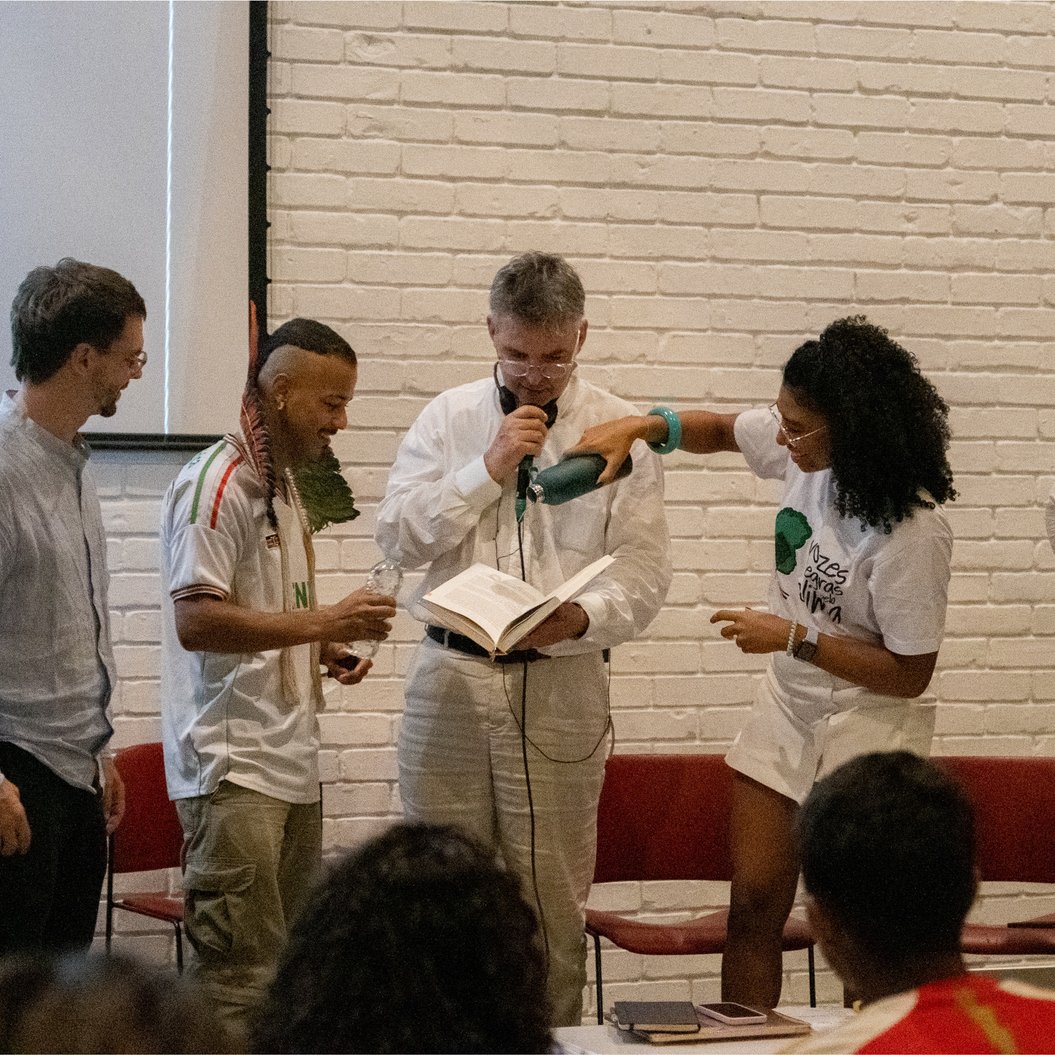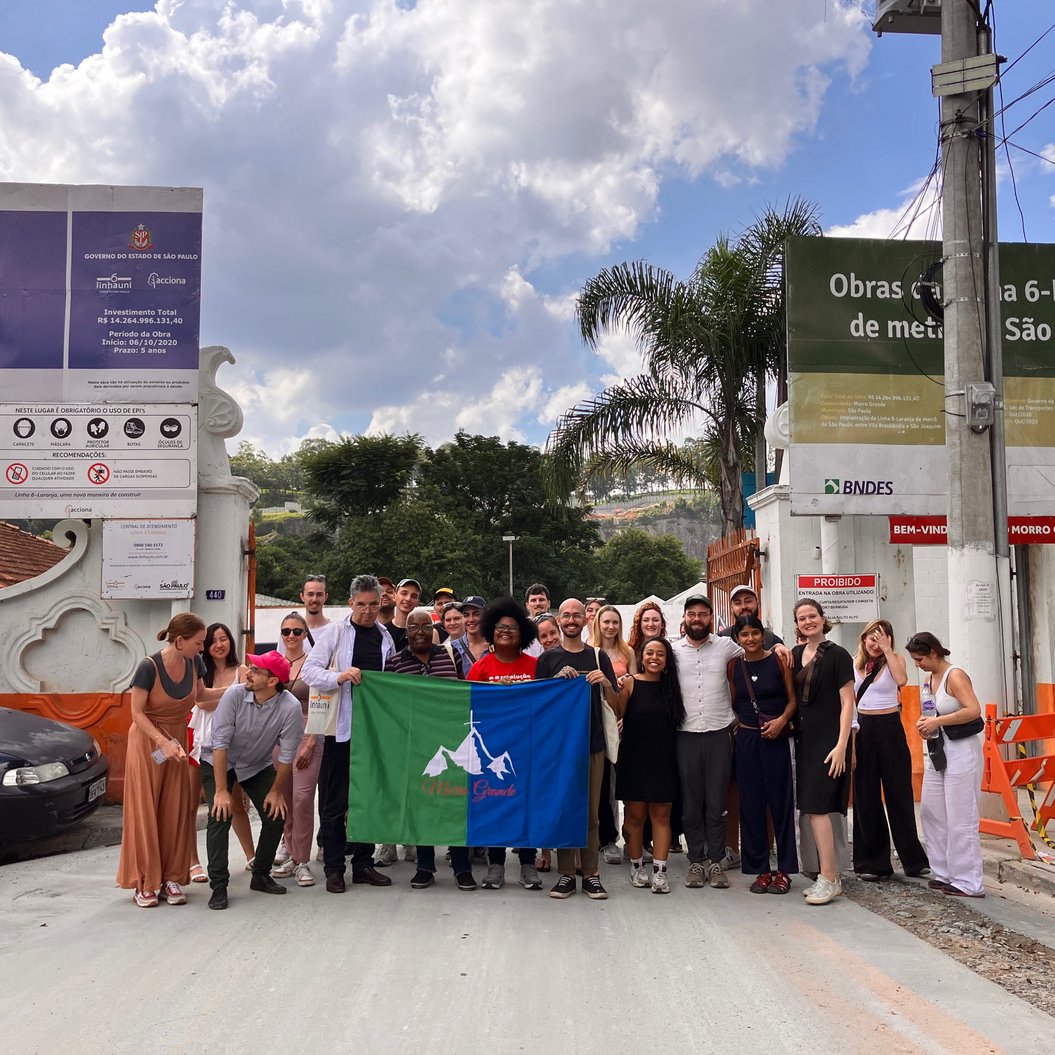São Paulo Seminar Week - Immersive Experience
How can Brazilian architecture reconcile urban habitats and nature while navigating the processes of decarbonization and colonization?
How can urban design strategies translate into a socio-ecological tool?
São Paulo, the most inhabited city in the Americas, is defined by contrasts, both in terms of economic growth and inequality. Originally an indigenous territory, its history is characterized by colonization, the conflicting forces of modernization, and the ongoing challenge of reconciling ecological and social justice agendas. In the words of philosopher Ailton Krenak, the city's future relies on becoming a forest.
During this seminar week, we will immerse ourselves in the city's diversity: in the historic city center, we will visit Oscar Niemeyer's COPAN building and social housing projects. Additionally, we will explore Lina Bo Bardi's socio-cultural facility Teatro Oficina, MASP, and SESC Pompeia, along with Paulo Mendes da Rocha's SESC 24 de Maio. Our itinerary will include discussions in Casa de Vidro, the Paraisópolis complex, Minhocão, Paulista Aberta, and Vilanova Artigas - Architecture University FAU-USP. In a unique hands-on experience, students will visit an abandoned mining site near the peripheral neighborhood of Brasilândia, witnessing the effects of de-industrialization, in a former mining area currently undergoing a transformation into an urban park.
In São Paulo, we will actively engage with local architects, policymakers, and activists to explore how local knowledge shapes socio-environmental impact and foster reconciliation between green corridors and urban habitats.
-
Travel Dates
Departure 16th and arrival 24th of March
-
Cost Range F
Participants are responsible for their travel documents (passport valid at least six months after arrival in Sâo Paulo, visa requirements) as well as for their travel insurance (illness, repatriation, and accident). Registration in the seminar week is binding: cancellation fees may occur in case of sign-off
-
Team
Prof Hubert Klumpner
Diogo Figueiredo
Aleiandro Jaramillo
Melika Konjičanin
Fernando Tullio Salva Rocha Franco -
In Collaboration With
FAU-USP | School of Architecture and Urbanism of University of São Paulo
Prof. Dr. Nabil Bonduki Prof. Dra. Denise Duarte
Perifa Sustentável Institute
Amanda Costa, Gabriela Alves, Mahryan Sampaio
Swissnex Brazil -
Organization
ECTS Credits - 2
Min. 10 Students
Max. 15 Students
Priority is given to those in the Chair's Design Studio
